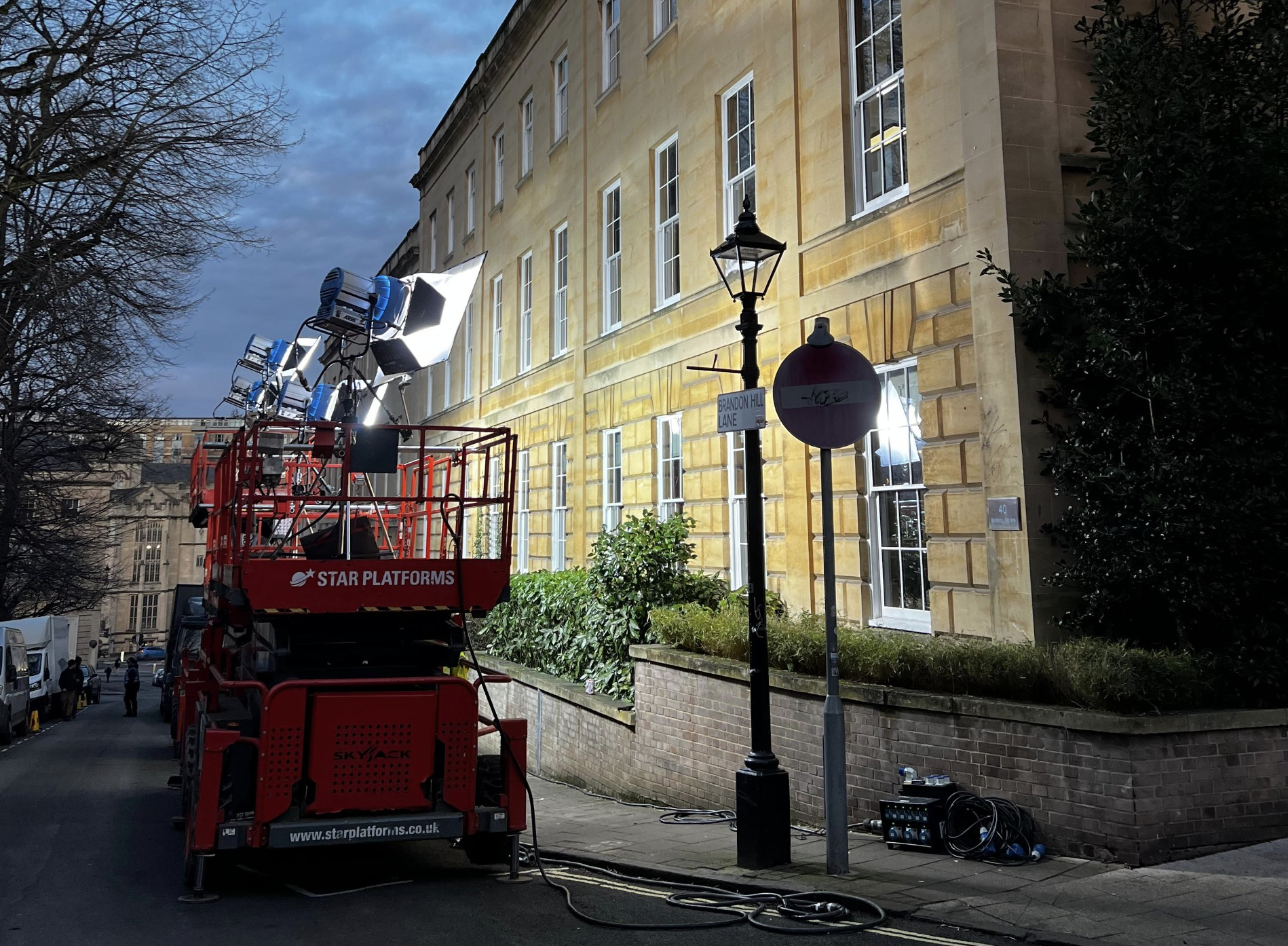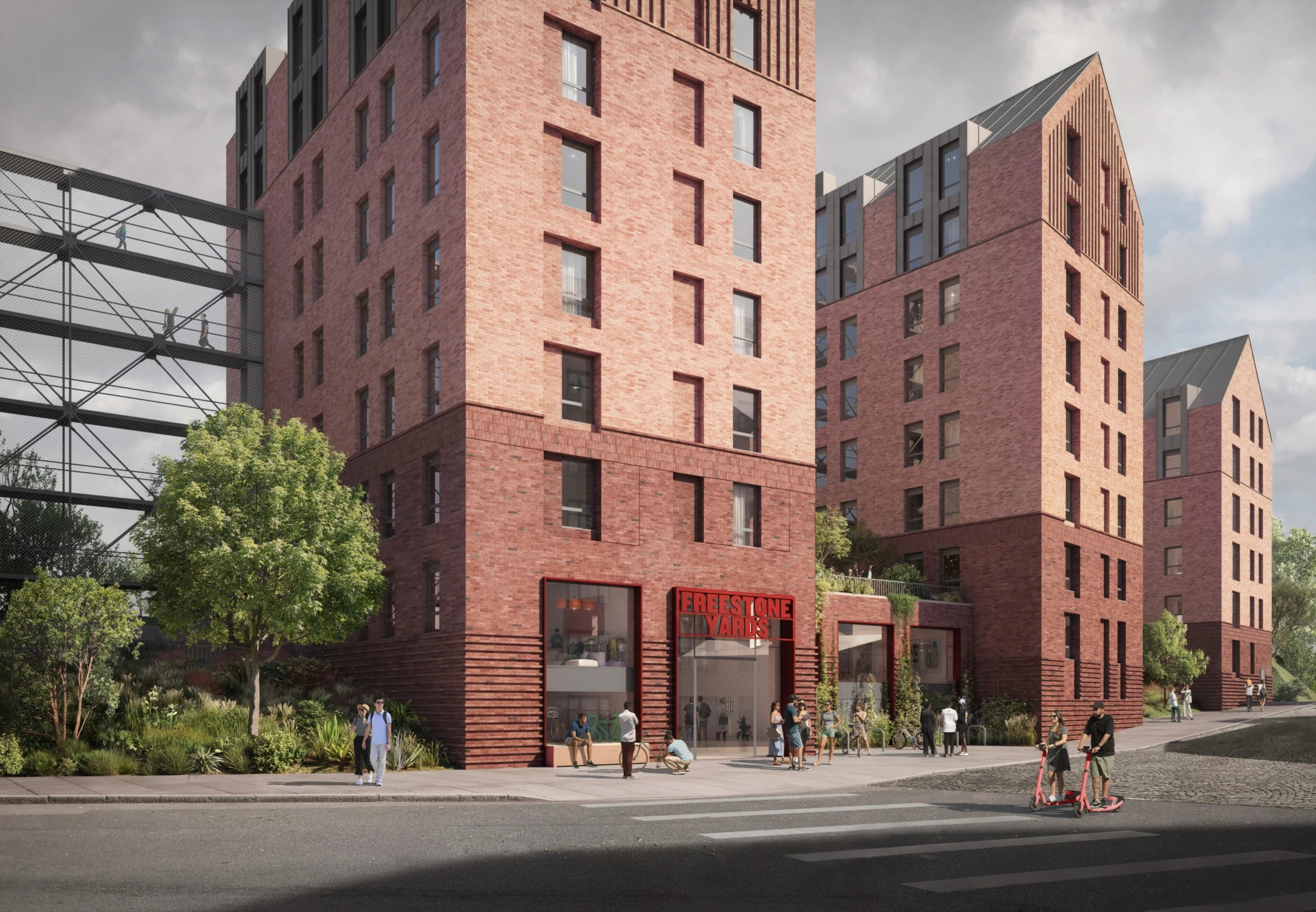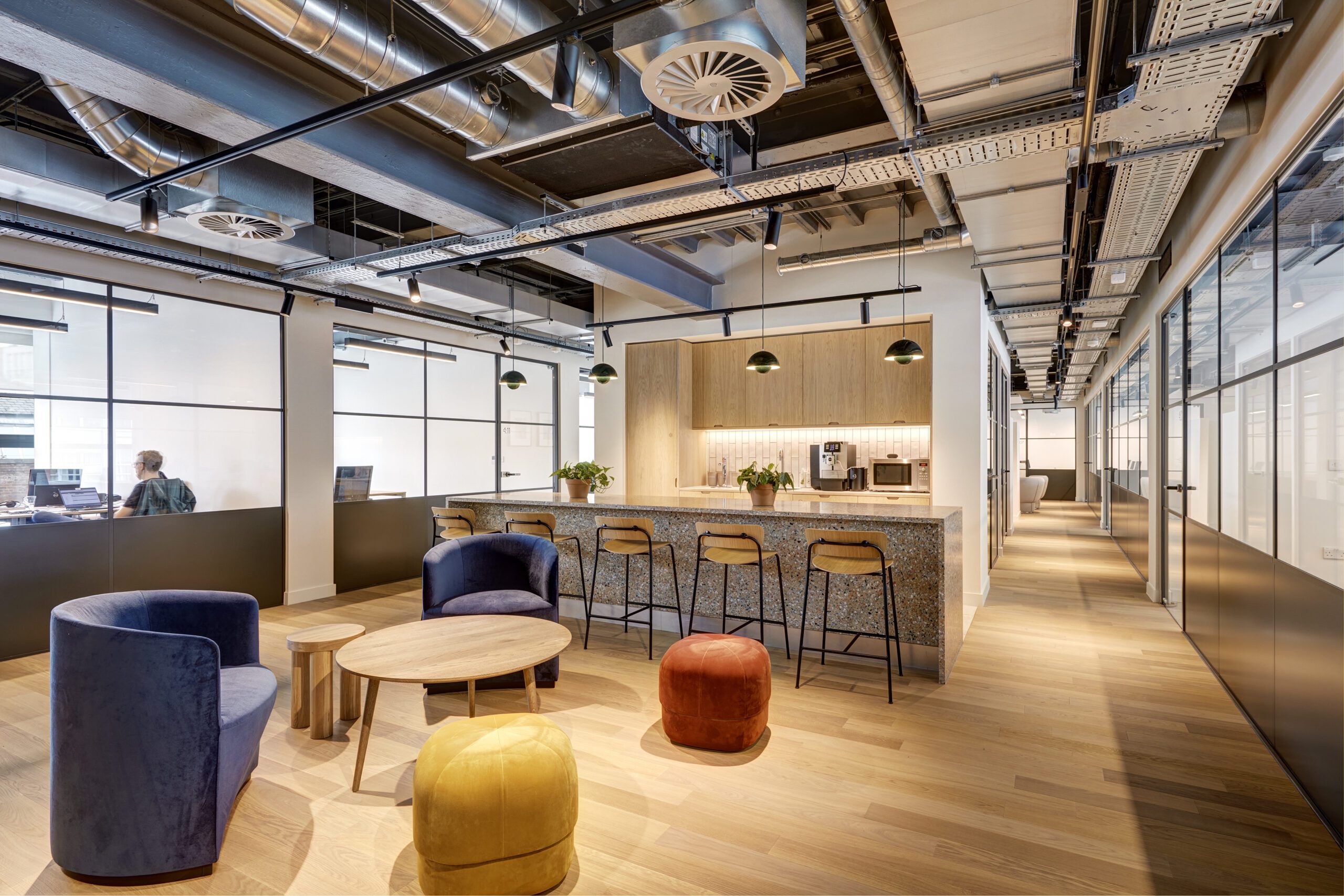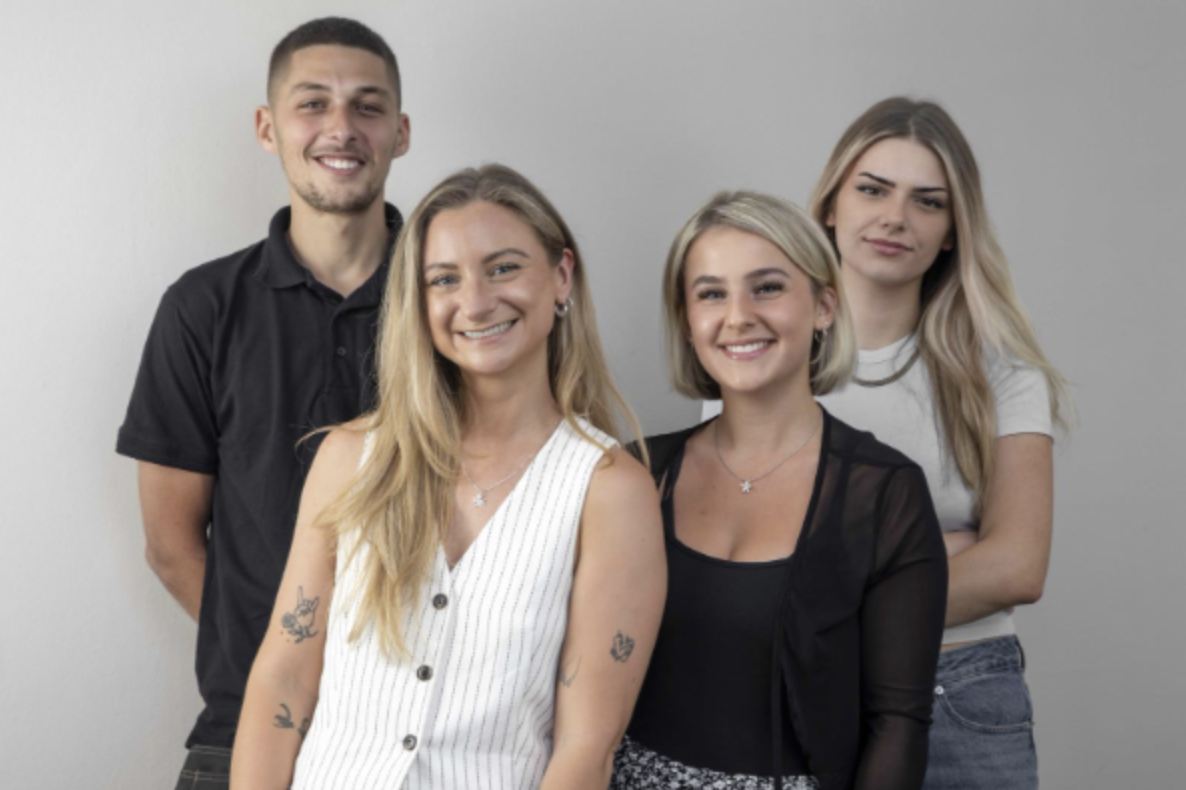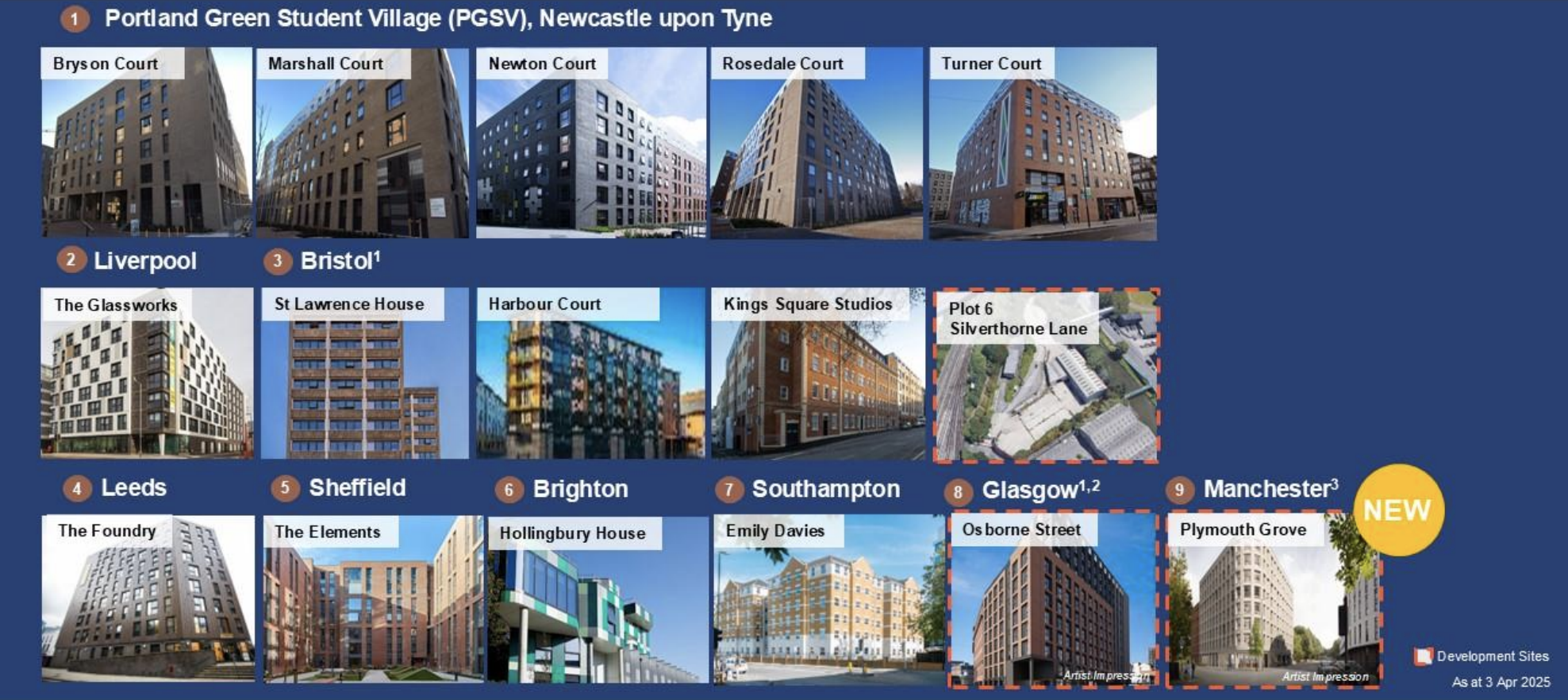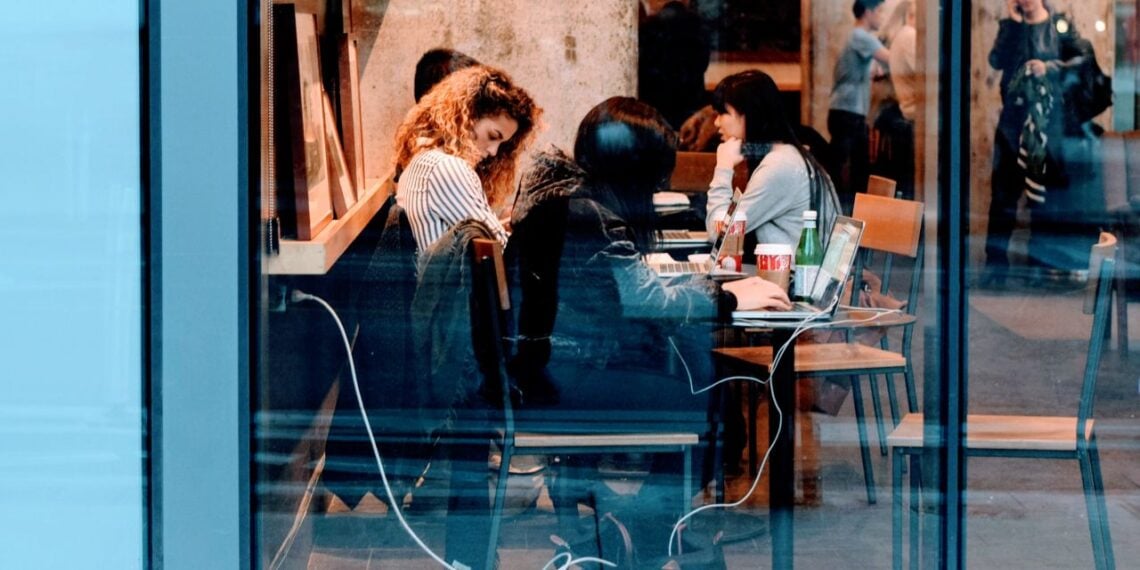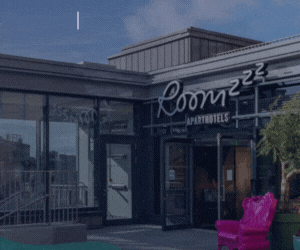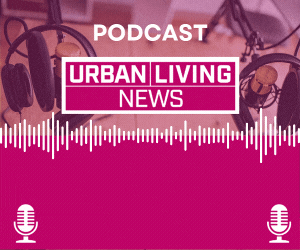When you think of flexible office space, you probably don’t also think of the glitz and glamour of Hollywood. And you’re mostly right. But you might be surprised to know that promoting office space as a filming location can actually be a fruitful endeavour, and that goes beyond just the additional income, says Caroline Hamilton.
Think about all the TV shows and movies you watch that are set in different offices. You might not have thought of it before, but often those are real-life office spaces. And there’s likely to be less of a barrier than you might think to your flexible office space being on the screen too.
During a Flexible Space Association webinar, I shared how our personal journey with using Origin Workspace as a filming location started during the pandemic. We’re based in a popular filming area of Bristol, and with the building under-occupied during the pandemic, seeking other opportunities was necessary. It only took one contact to be looped into the local film and production ecosystem, and before we knew it, we were on the list for Bristol filming locations.
During the webinar, we had a lot of questions about the whys and the hows, and so let’s jump in…
Why opening your space for filming could be a smart move
As I mentioned, during the pandemic, many buildings – offices, studios, event spaces – sat un or underused. That downtime forced a lot of people to rethink how their spaces could serve new purposes. One unexpected opportunity? Film and TV production.
Across the UK (and especially in production hotspots like Bristol, Manchester, and Glasgow), the demand for fresh filming locations has surged. Productions are often on the lookout for spaces that feel authentic and adaptable – not polished sets, but real environments that can play everything from a coworking space to a police station, a café, or a character’s home.
And it’s not just big-budget productions either. Independent films, commercials, student films, music videos – they all need locations. If you’ve got a space that isn’t being used all the time, it could offer a new income stream and introduce you to a whole new creative community.
But before diving in, it’s worth thinking about why this might make sense for you.
• It can generate passive income without needing to drastically alter your space. You don’t need to redesign or renovate. Often, the appeal is in the authenticity of your existing setup.
• It brings in new foot traffic – which can be useful if you’re running a business that benefits from visibility. People who come for filming might return as clients or even members.
• It connects you with the local creative industry – opening doors to partnerships, networking, and opportunities you might not have considered. You’ll meet producers, location scouts, directors, and those relationships can be surprisingly valuable.
• It makes use of “downtime”. Think evenings, weekends, or periods between members or events. These are times when your space might otherwise sit empty, but could be earning money and building connections.
There’s also a certain buzz that comes with having your space featured in a production. It adds a layer of excitement for your team and members, and can even become a unique selling point when marketing your space.
How to get started
Getting involved in your local filming scene doesn’t require a huge budget or an insider connection. Here are a few steps to help you begin:
• Assess your space realistically
Think about what your space could offer visually and practically. Is there good natural light? Distinctive features? Is it quiet enough for filming sound? Do you have access for large equipment or secure places for crews to store kit?
Even the more mundane parts of your space (things like stairwells, corridors, storage rooms) could be exactly what a production is looking for. Don’t underestimate the value of a “normal” looking space.
Also consider how flexible your space is. Can furniture be moved easily? Are there areas that can be dressed or reconfigured to suit different scenes? The more adaptable your space, the more attractive it becomes.
• Take quality photos
Production teams need to see what they’re working with. Take clear, well-lit images of all areas of your space – even the less glamorous ones. Often, it’s those gritty corners or plain hallways that are in demand.
Include wide shots, detail shots, and images that show how rooms connect. In fact, it will be helpful to create a simple digital portfolio or folder that showcases your space. Include dimensions, access points, and any restrictions (e.g., noise levels, hours of availability).
• List with local film offices or location agencies
Most cities have a film office or location database. Reach out, introduce your space, and provide details and images. These offices are often the first stop for production teams looking for locations.
In Bristol, for example, the local film office is incredibly supportive and can help guide you through the process. You can also list your space on national platforms like FilmFixer, Location Works, or The Location Guide.
• Start small and stay flexible
You might begin with short shoots or independent projects. These early experiences help you understand the flow of a film day – from early crew arrivals to last-minute set tweaks. Being responsive, flexible, and accommodating can help build your reputation quickly.
Smaller shoots also allow you to test your logistics without overwhelming your team. You’ll learn what works, what doesn’t, and what you need to improve.
Speaking of logistics, make sure you can provide the basics – access to power, parking (or nearby parking), toilets, and possibly even green room space. The more self-contained a crew can be, the better.
• Security and insurance
It’s also worth thinking about security and insurance. You’ll want to make sure that your space is protected and that any damage or liability is covered. Most production companies will have their own insurance, but it’s worth checking.
If you’re in a shared building or have members, make sure they’re informed and comfortable with the arrangement. Clear communication is key to avoiding disruption to existing members.
• Talk to others who’ve done it
Whether it’s other businesses in your area or online communities, chatting to people who’ve been there can give you practical tips and help set expectations. The reality is, there are a lot of unexpected surprises no matter how prepared you are, so it’s worth considering things like building in buffer time within contracts and if you’ll need extra staff. Those who’ve been there and done that will be able to offer good insight into things like this.
• Experience the buzz
At Origin Workspace, we’ve been lucky enough to meet directors, producers, and crew members who’ve gone on to recommend us to others. We’ve had our space featured in national campaigns. And we’ve learned a lot about how to make our space work for different needs.
It all creates a great buzz. Members love knowing their office was used in a film. It adds a layer of excitement and pride to the space. And for us, it’s become a talking point and something that sets us apart in a competitive market.
Turning your office into a filming hotspot might not be the first thing that comes to mind when thinking about flexible space management. But it’s a creative, practical, and potentially lucrative way to make the most of what you have.
Caroline Hamilton is the commercial manager at Origin Workspace, a premium coworking space in Bristol. With a strong background in hospitality, she excels in leading sales and customer service teams, enhancing customer experience, and driving commercial growth. Caroline is passionate about building thriving communities and supporting entrepreneurs through Origin Startup.











